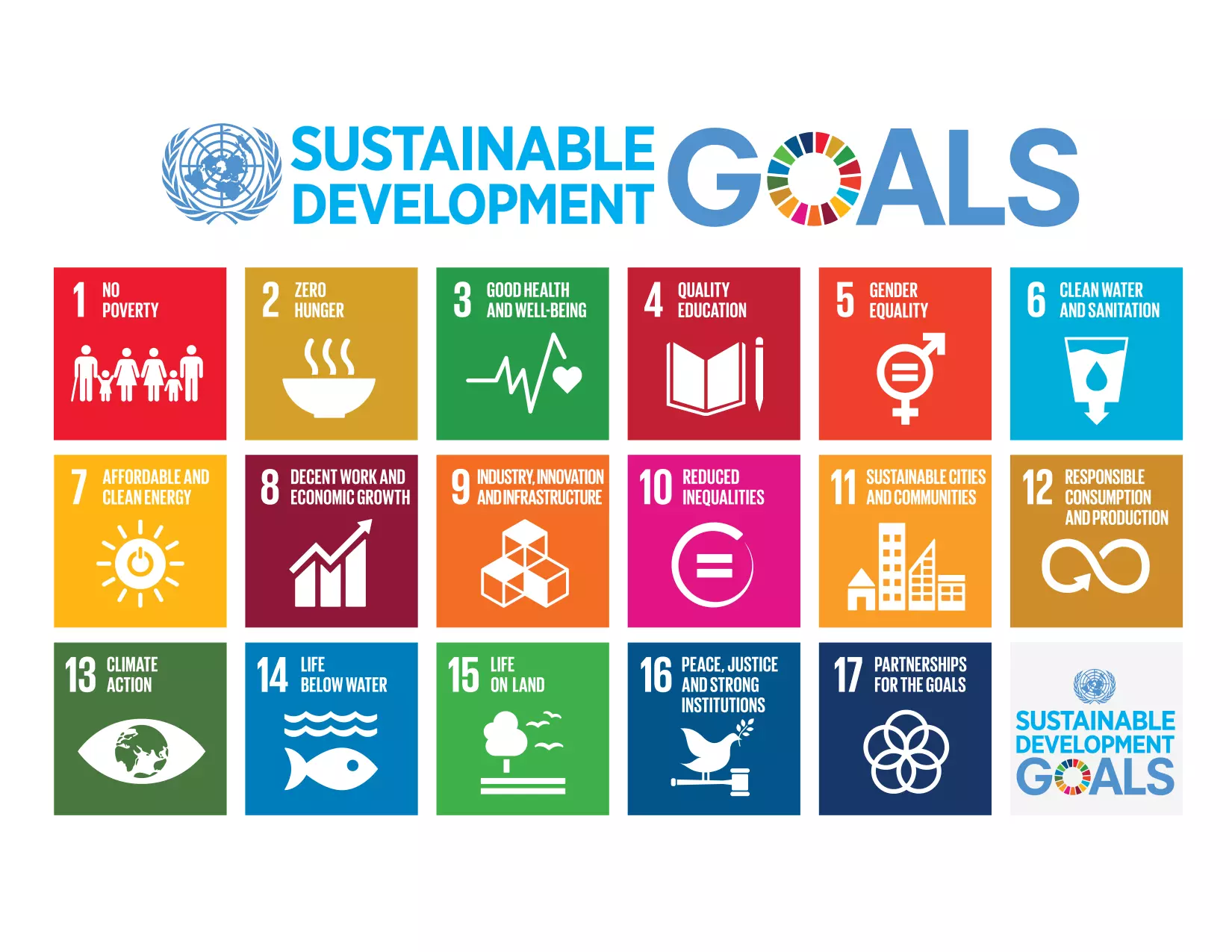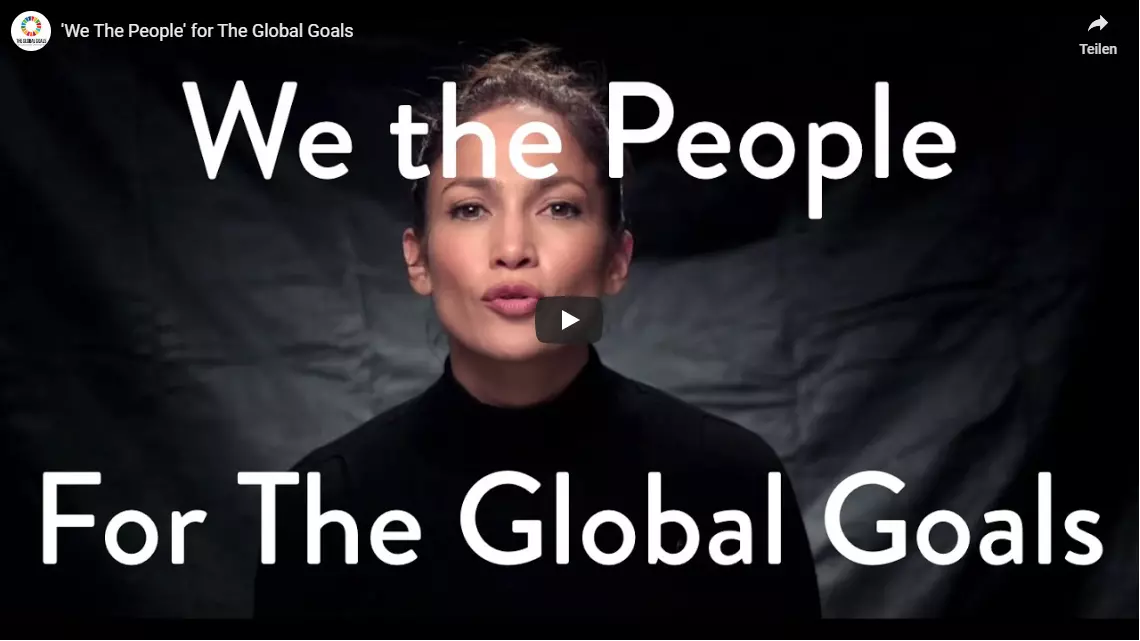Principles for Responsible Management Education (PRME)

The transformation into a sustainable society is one of the great challenges of the 21st century. Business schools are called on to contribute. They must ensure that their students understand the interrelationships between their actions and ecological and social challenges, and that they reflect on their responsibility as future specialists and managers. Moreover, their graduates will need to know the models and tools that enable companies to understand and implement sustainability and social responsibility as a success factor. At the ZHAW School of Management and Law, we are aware of this task. Our lecturers, researchers, and staff have been committed to it for years. The Principles for Responsible Management Education (PRME) are the ideal tool to develop our organization further in this respect. In 2014, the ZHAW School of Management and Law made a clear commitment by signing up to the PRME initiative.
The Seven Principles of Responsible Management Education (PRME)
In December 2023 PRME launched the new version of the Principles that can support universities in the implementation of Responsible Management Education:
- Principle 1: Purpose
We advance responsible management education to foster inclusive prosperity in a world of thriving ecosystems. - Principle 2: Values
We place organizational responsibility and accountability to society and the planet at the core of what we do. - Principle 3: Teach
We transform our learning environments by integrating responsible management concepts and practices into our curriculum and pedagogy. - Principle 4: Research
We study people, organizations, institutions, and the state of the world to inspire responsible management and education practice. - Principle 5: Partner
We engage people from business, government, civil society, and academia to advance responsible and accountable management education and practice. - Principle 6: Practice
We adopt responsible and accountable management principles in our own governance and operations. - Principle 7: Share
We share our successes and failures with each other to enable our collective learning and best live our common values and purpose.
PRME Worldwide
PRME is a seven-principles, globally oriented initiative founded in 2007. PRME has the following objectives:
- Support of business and management schools in implementing responsible management education using the seven Principles. The scope of responsible management education includes degree programs, continuing education, research and services, operations, and governance.
- Development of a platform for collaboration and exchange between universities.
- Advancing the dialogue and raising awareness concerning the Sustainable Development Goals.
In the meantime, more than 800 universities from more than 85 countries have joined the initiative. It has one mission: "PRME is the UN Global Compact’s initiative to transform management education and develop the responsible decision-makers of tomorrow to advance sustainable development." And it has one vision: "To create a global movement and drive thought leadership on responsible management education."
The members of the initiative are organized in regional groups (“chapters”), which, as largely autonomous networks, look after the interests of the member universities in the various language regions. For the German-speaking countries of Germany, Austria, and Switzerland, this is the PRME DACH Chapter. The DACH Chapter organizes regular events and other activities for its members and the interested public. These include DACH Chapter meetings, workshops for the DACH Working Panels, the PRME Research Conference, and the SDG Roadshows.
Some of the most experienced and dedicated universities are part of the PRME Champions Group for a period of two years. The mission of the Champions Group is to take a leadership role in thinking and acting in the context of responsible management education within the framework of the UN Agenda for Sustainable Development.
PRME at the SML
The ZHAW School of Management and Law joined the PRME initiative in August 2014. In the following, we present a selection of our activities to implement the seven Principles.
Why PRME?
- PRME contributes to the strategic development and quality of the university.
- Exchanges with other universities in the PRME DACH Chapter as well as the PRME Champions Group support the ZHAW School of Management and Law in its efforts to embed responsible management education.
- The commitment by the university's executive board to support PRME also helps employees and students to be committed to responsible management and social responsibility.
PRME Sharing Information on Progress Report
Reporting
It is one of the commitments of PRME member schools to publish a progress report on their PRME activities every two years.
PRME Sharing Information on Progress Report 2021/2022(PDF 11,7 MB)
PRME Sharing Information on Progress Report 2019/2020(PDF 15,7 MB)
PRME Sharing Information on Progress Report 2017/2018(PDF 19,1 MB)
PRME Sharing Information on Progress Report 2015/2016(PDF 2,3 MB)
PRME Sharing Information on Progress Report 2013/2014 (PDF 969,8 KB)
News and Events
News
PRME and the Sustainable Development Goals (SDGs)
Sustainable development has been the guiding principle of the United Nations since 1987. The Brundtland Report defines it as follows: "Sustainable development is development that meets the needs of the present without compromising the ability of future generations to meet their own needs." In September 2015, the United Nations adopted the "Agenda 2030" on Sustainable Development. This includes 17 goals – the Sustainable Development Goals.
Sustainable Development Goals (SDGs)
The SDGs include 17 goals, which define social, economic, and environmental milestones. All member states of the United Nations are committed to working towards the implementation of the SDGs at national, regional, and international levels by 2030. In Switzerland, the Swiss Federal Council adopted the first steps to implement the 2030 Agenda on 18 December 2015.
Universities, as centers for innovation and as training centers for future decision-makers, play an essential role here. Management education, in particular, plays a decisive role. On the one hand, business schools educate the next generation of junior executives, who must be able actively to promote the transformation of companies. On the other hand, business schools not only impart knowledge and skills but also shape the attitudes and values of their graduates. Comprehensive integration of the Sustainable Development Goals in research and education is, therefore, essential for shaping sustainable development.
This is why the Sustainable Development Goals are at the heart of everything we do in the context of PRME. All future activities of our PRME initiative are geared towards supporting the Sustainable Development Goals.

